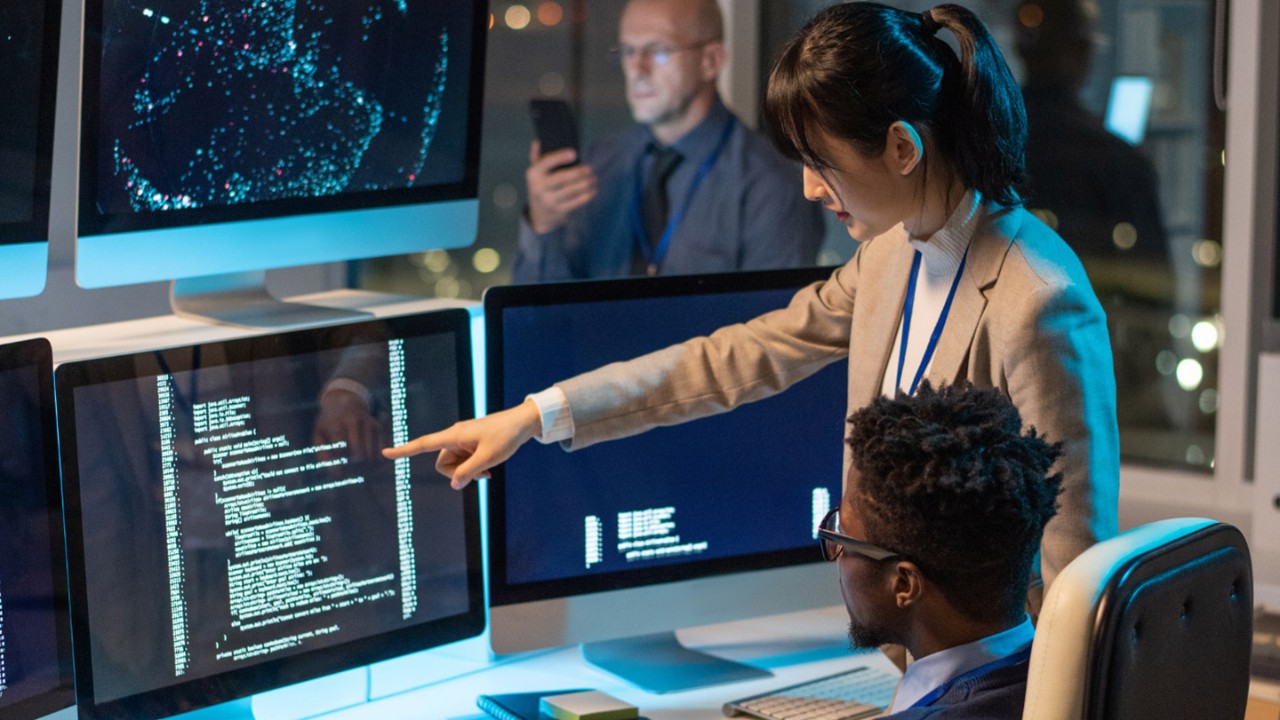

If you’ve ever been interested in government consulting careers, you’ve likely encountered the phrase “security clearance required” when browsing job opportunities. This is because many federal agencies require their employees to hold one, no matter the specific role.
But what exactly is a security clearance? If you don’t have one, how do you get one? If you have one, is it possible to “up-clear”?
We’ve got the answers to these questions—and more—about security clearances. Whether you’re a new grad looking to break into consulting, a seasoned technologist looking to move from the private to the public sector, or simply considering one of our open roles; we explain all things security clearance below.
A security clearance is an official authorization from the federal government that says you’re qualified—or “cleared”—to handle sensitive or classified information. Federal agencies handle all sorts of sensitive data, which means they need their employees to be thoroughly vetted and trustworthy. For that reason, a security clearance is a must.
There are three security clearance levels, in order from simplest to most difficult to obtain:
Additionally, some roles may require two other classification levels:
Holding a security clearance may allow you to:
Most of Booz Allen’s roles support sensitive work within government and military agencies. These include positions ranging from project manager to software developer or cybersecurity analyst. Whether you’ll need a security clearance depends on the agency you’ll support and the position’s requirements.
To obtain a security clearance, you must first apply for a job that requires one. At Booz Allen, the path starts with the job offer and standard background screening. When that’s approved, the next step is the application for a security clearance.
Each agency, employer, and role is different, but here’s a general idea of what to expect:
The investigative agency may look into things like your allegiance to the United States, potential foreign influence, financial history, criminal conduct, use of information technology, and more. They’ll verify your employment history and may interview your friends, colleagues, and family members.
While fewer than 1% of security clearance applications end in denial, honesty is of the utmost importance.
Yes, it’s possible to “up-clear.” For each clearance level, you would go back through the investigation process; clearance levels don’t necessarily build upon each other. Up-clearing may open even more specialized positions, allowing you to continue elevating your career and impact.
Currently, once your clearance is final, you’ll be enrolled in continuous evaluation and vetting, and your eligibility to maintain your clearance is managed through daily interactions by the adjudicating agency.
While a public trust isn’t technically a security clearance, it’s similar. Many roles that require some interfacing with sensitive information require a public trust. The process is virtually the same, but the investigation phase is less involved, and the time frame is typically faster.
Yes—we often help facilitate the clearance process based on contractual relationships with our government clients. However, this depends on the role to which you’re applying.
Job postings that are open to sponsoring security clearance applicants have a basic qualification listed as “Ability to obtain a security clearance.” Those that are open to sponsoring a public trust applicant have a basic qualification listed as “Ability to obtain and maintain a Public Trust or Suitability/Fitness determination based on client requirement.”
Security clearances are imperative for many of our missions—they allow us to do meaningful work and partner on some of the most critical projects. That’s why we do what we can to help our experts obtain them whenever possible.